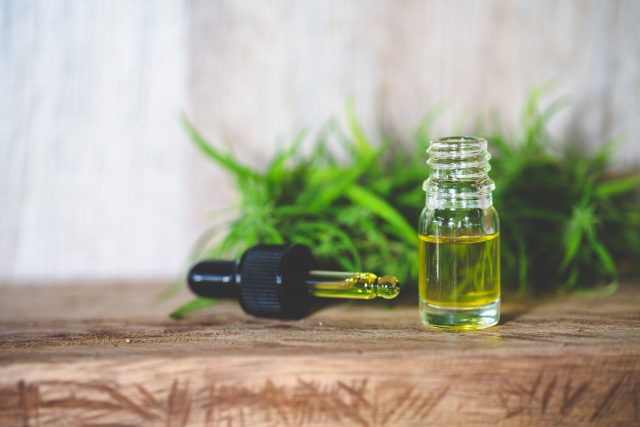China moves to ban CBD products
A CBD product ban may be on the cards in Hong Kong, as the government adopts a “zero-tolerance” policy to cannabis.

Hong Kong authorities have proposed banning CBD products within the year, with the Security Bureau submitting a paper to this effect to the Legislative Council in June.
However, retailers are arguing that they should be allowed to continue selling CBD products, including drinks, providing they have been verified for safe use.
The issue has come to a head because the city’s authorities say it is ‘nearly inevitable’ that CBD products will at some point contain THC, the psychoactive chemical responsible for marijuana’s ‘high’ effect.
The government cites as evidence a recent study which found a trace amount of THC in a synthetic CBD solution after only three months of use, when THC was not detected in the item at the start of the experiment.
Partner Content
If the ban comes into play, it means that anyone who buys or consumes CBD products could face a maximum of seven years in prison. It would also prohibit the manufacture, import, export, supply, sale, possession and transshipment of any products containing CBD, including drinks, in Hong Kong, regardless of amount.
Most CBD products sold in Hong Kong are imported from overseas, including the UK, and the US, where Constellation Brands has invested heavily in the potential of cannabis drinks, snatching a 36% stake in Canadian cannabis producer Canopy Growth. Such a ban would further scupper the company’s plans to cash in on the trend, which are already in tatters after overestimating the speed and ease with which cannabis legalisation would be rolled out across the US.
The global CBD beverage market is expected to grow by 61% CGR from 2022-2026.
CBD, or cannabidiol, is one of more than 100 chemical compounds found in the marijuana plant or its close relative, hemp. It is also possible to derive CBD from other non-cannabis botanicals.
The World Health Organisation has said that CBD does not appear to have abuse potential or cause harm in its pure state.
Related news
In fine feather: defining luxury across the wine world
First ex-cellar auction from Edouard Delaunay achieves white glove sale




